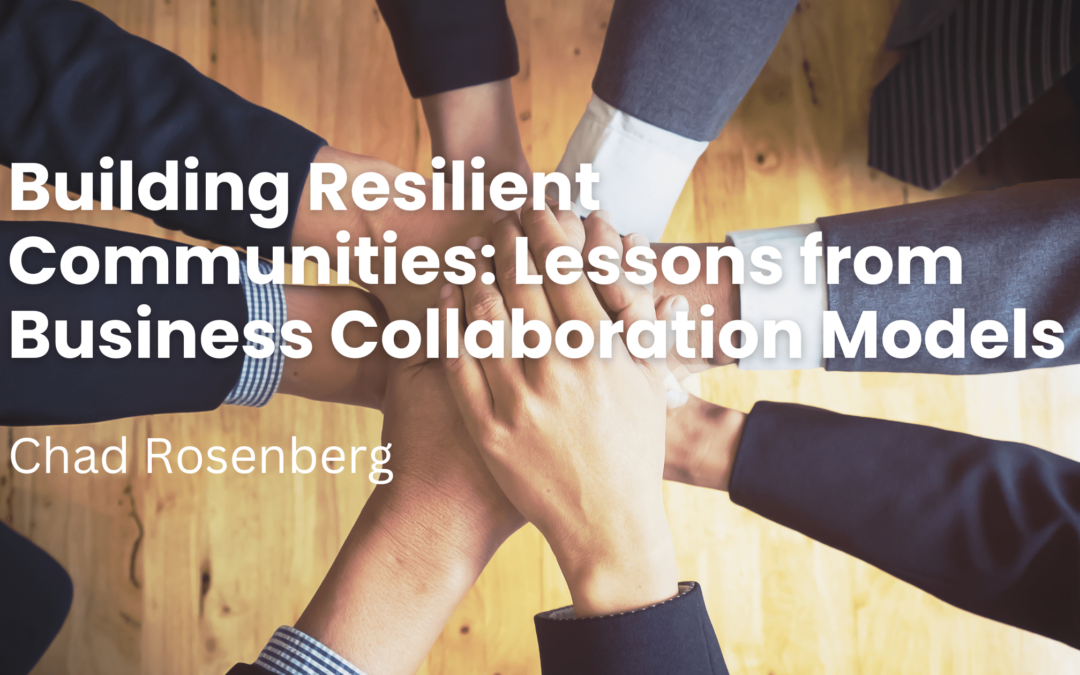In a world marked by rapid change, uncertainty, and complex challenges, building resilient communities is essential. Resilience—whether in response to economic downturns, natural disasters, or social crises—requires communities to be adaptable, innovative, and connected. One powerful way to foster resilience is by looking at successful business collaboration models. These models, built on partnerships and collective action, offer valuable lessons for strengthening communities and ensuring they thrive in the face of adversity.
- Emphasizing Collaboration Over Competition
In the business world, collaboration often leads to innovation and growth. Companies that form strategic partnerships, share resources, and leverage collective strengths can achieve more than they could individually. Similarly, communities that prioritize collaboration—among local organizations, governments, businesses, and residents—are better equipped to tackle shared challenges. Rather than working in isolation, stakeholders in resilient communities pool their expertise, resources, and networks to drive positive change, creating a more robust safety net for everyone.
- Encouraging Shared Ownership and Responsibility
In successful business collaborations, all partners take shared ownership of the project’s success. This sense of shared responsibility is key to community resilience. When community members, organizations, and businesses are all invested in a shared vision, they are more likely to contribute to the ongoing health and vitality of the community. Shared ownership fosters accountability and a commitment to long-term sustainability. For instance, a community-led disaster response effort that includes local businesses, nonprofits, and government agencies is more likely to succeed because everyone feels a sense of personal responsibility to ensure its success.
- Fostering Adaptability and Innovation
Business collaboration models often thrive by encouraging innovation—whether it’s through new technologies, processes, or services. The same can be said for communities. Building resilient communities requires an openness to new ideas and solutions. As businesses pivot to meet changing demands, communities must be able to adapt to shifting circumstances. Resilient communities encourage creativity, experimentation, and the adoption of innovative solutions to address issues like economic inequality, climate change, and public health. This flexibility enables communities to not only survive in the face of challenges but to emerge stronger and more sustainable in the long run.
- Strengthening Communication and Trust
Trust and open communication are the cornerstones of any successful business partnership. In the same way, resilient communities rely on trust and clear communication among their members. Transparent communication fosters a sense of unity and allows community members to work together efficiently in times of crisis. It also encourages feedback and ensures that decisions are made with the input and consensus of those who will be most affected.

